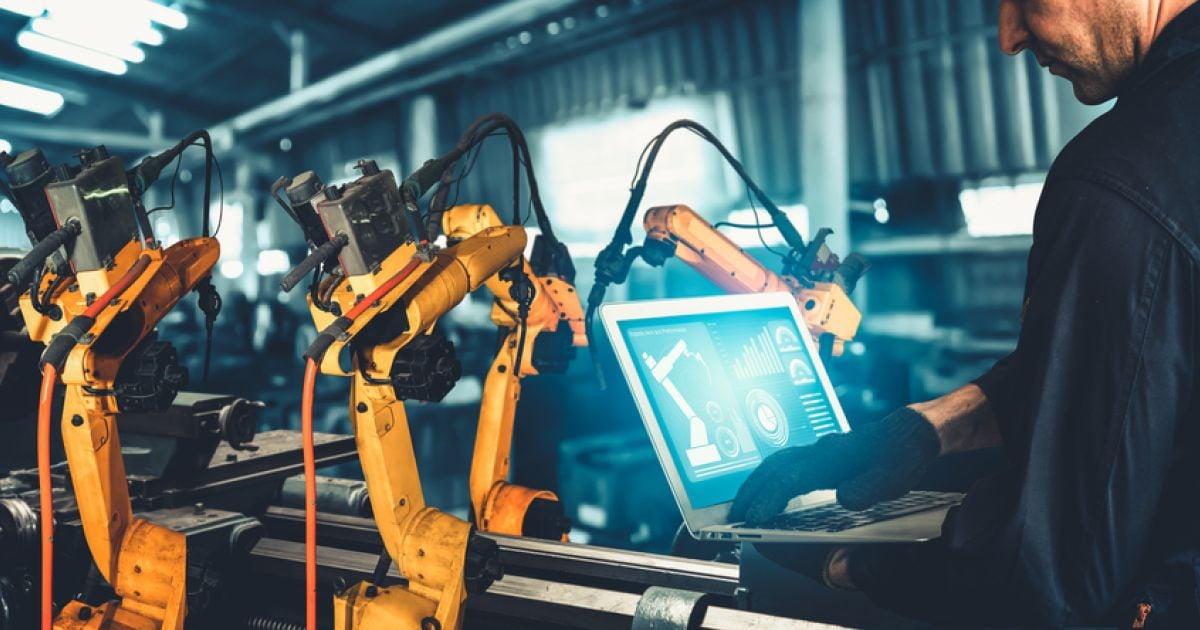In the rapidly advancing industrial landscape of the United Arab Emirates (UAE), the demand for smart technologies and automation is growing at an unprecedented pace. At the heart of this transformation lies a crucial component: sensors. Sensors play an essential role in modern manufacturing and factory operations, enabling real-time data collection, monitoring, quality control, predictive maintenance, and process optimization. As industries strive for higher efficiency, sustainability, and competitiveness, sensor suppliers are becoming integral partners in the region’s industrial development.
The Role of Sensors in Industrial Operations
Sensors are devices that detect physical, chemical, or biological changes in the environment and convert them into measurable signals. In factory settings, they are used for a wide array of applications, including:
-
Temperature and humidity monitoring for climate-sensitive production processes.
-
Pressure sensors in hydraulic and pneumatic systems.
-
Proximity and motion sensors in robotics and conveyor systems.
-
Flow meters for monitoring liquids and gases.
-
Vibration and acoustic sensors for predictive maintenance of machinery.
-
Optical and vision sensors for quality control and defect detection.
These applications enable real-time data analysis, reduce manual interventions, minimize downtime, and improve product quality. As factories in the UAE increasingly adopt Industry 4.0 principles, the reliance on advanced sensors continues to grow.
Market Demand and Growth
The UAE is investing heavily in industrial diversification, particularly under the national "Operation 300bn" strategy aimed at expanding the manufacturing sector’s contribution to the national GDP. This shift is driving demand for state-of-the-art industrial automation, which in turn is fueling the need for sensor technologies. Sectors such as petrochemicals, food processing, pharmaceuticals, water treatment, metal fabrication, and electronics manufacturing are among the leading adopters.
Sensor suppliers in the UAE are responding to this demand by offering a wide range of products that cater to various industrial needs. This includes not only traditional wired sensors but also wireless, IoT-enabled sensors that integrate seamlessly with factory automation systems and cloud platforms.
Key Factors When Choosing a Sensor Supplier
Factories in the UAE face unique environmental and operational challenges, such as extreme temperatures, high humidity, dust, and regulatory requirements. Therefore, choosing the right sensor supplier involves careful consideration of several factors:
-
Product Range and Specialization
Suppliers with a broad portfolio can offer tailored solutions for diverse applications, whether it's sensors for harsh environments, hygienic sensors for food production, or smart sensors compatible with industrial IoT platforms. -
Technical Support and Local Expertise
Given the technical complexity of sensor integration, local presence and support are critical. Suppliers that offer installation assistance, calibration services, training, and post-sales technical support are often preferred by factory operators. -
Availability and Delivery
Rapid industrial project timelines require suppliers that can ensure timely delivery and availability of spare parts. Local stock and established logistics networks are key differentiators. -
Compliance and Certification
Many industries in the UAE must adhere to strict health, safety, and environmental regulations. Sensors that meet global standards such as ISO, CE, ATEX, and UL are often necessary for compliance. -
Integration Capabilities
Modern factories in the UAE use programmable logic controllers (PLCs), SCADA systems, and IoT platforms. Suppliers must ensure their sensors are compatible with common industrial protocols like Modbus, Profibus, and Ethernet/IP.
Types of Sensors Commonly Supplied
Sensor suppliers in the UAE typically provide the following categories of industrial sensors:
-
Temperature Sensors (thermocouples, RTDs, infrared sensors)
-
Pressure Sensors (gauge, differential, and absolute pressure)
-
Flow Sensors (electromagnetic, ultrasonic, and thermal mass)
-
Level Sensors (capacitive, ultrasonic, radar-based)
-
Proximity Sensors (inductive, capacitive, photoelectric)
-
Vibration Sensors for machine condition monitoring
-
Gas and Environmental Sensors for air quality, emissions, and leak detection
-
Vision and Optical Sensors for automated inspection and sorting
Suppliers may also offer complete sensor kits for specific industries, along with software for monitoring and data visualization.
Trends Shaping the UAE Sensor Market
Several key trends are shaping the sensor supplier landscape in the UAE:
-
Digital Transformation: There is a growing preference for smart sensors that support data logging, wireless communication, and cloud integration.
-
Sustainability Initiatives: Factories are increasingly monitoring energy consumption and emissions, driving demand for environmental and energy sensors.
-
Predictive Maintenance: Vibration and condition-monitoring sensors are being adopted for predictive maintenance strategies to avoid unplanned downtime.
-
AI and Machine Vision: Sensor suppliers are expanding into vision systems that use AI to detect anomalies and ensure product quality.
Challenges Faced by Factories and Suppliers
Despite the growth, there are challenges to consider. Many factories are still in the early stages of digital transformation and may face resistance to change or lack skilled personnel to implement new technologies. Sensor suppliers, therefore, play an important role not just in product delivery, but also in education, training, and solution design.
Additionally, global supply chain disruptions and the need for product customization can affect delivery times and pricing. Suppliers with strong local networks, regional warehouses, and robust customer support are better positioned to serve the UAE market efficiently.
Conclusion
As the UAE continues its journey toward becoming a global industrial and technological hub, the role of sensors in factory automation cannot be overstated. Sensor suppliers that offer high-quality products, local expertise, and integration support are essential partners for industrial growth. With increasing investments in manufacturing and smart technologies, the sensor market in the UAE is poised for sustained expansion, offering opportunities for both local and international players to contribute to the nation's industrial transformation.

